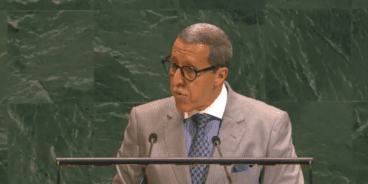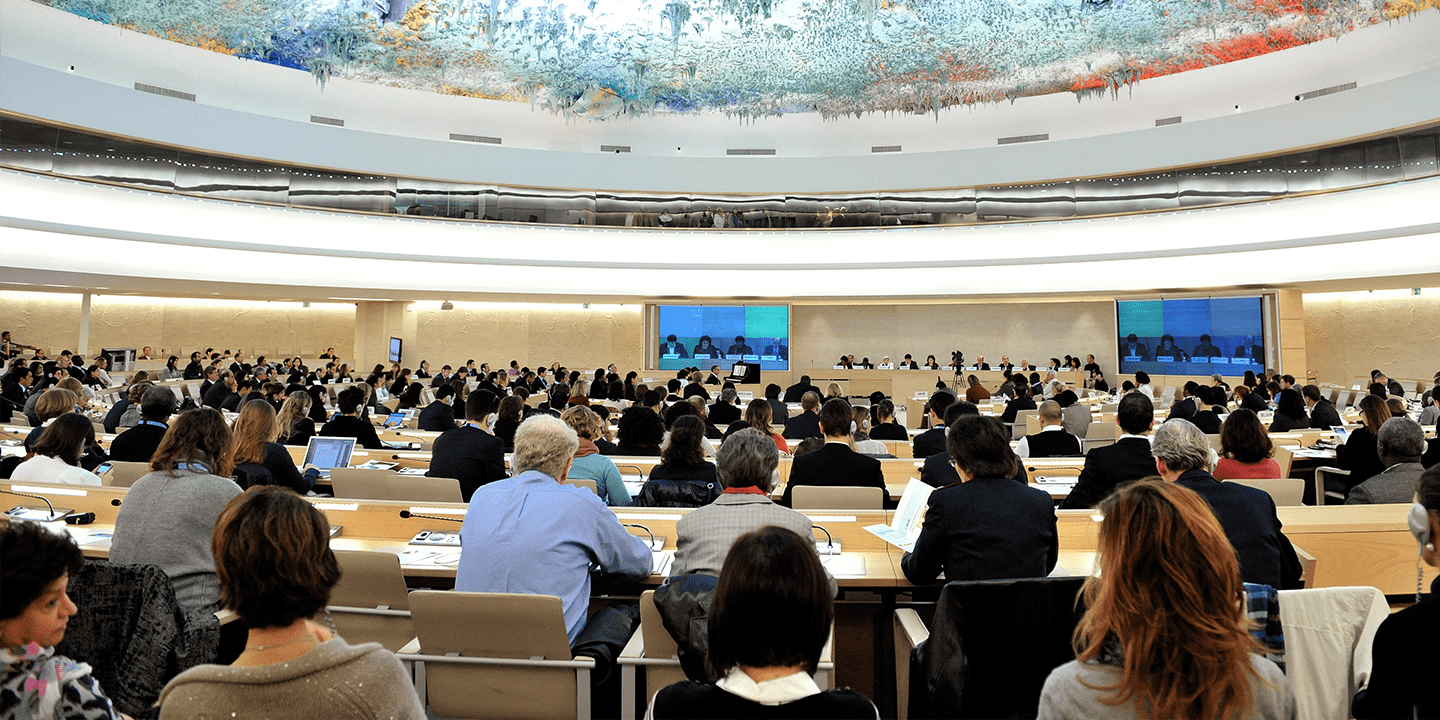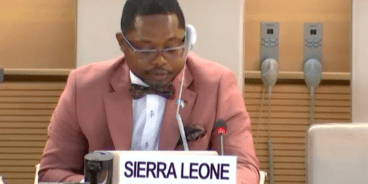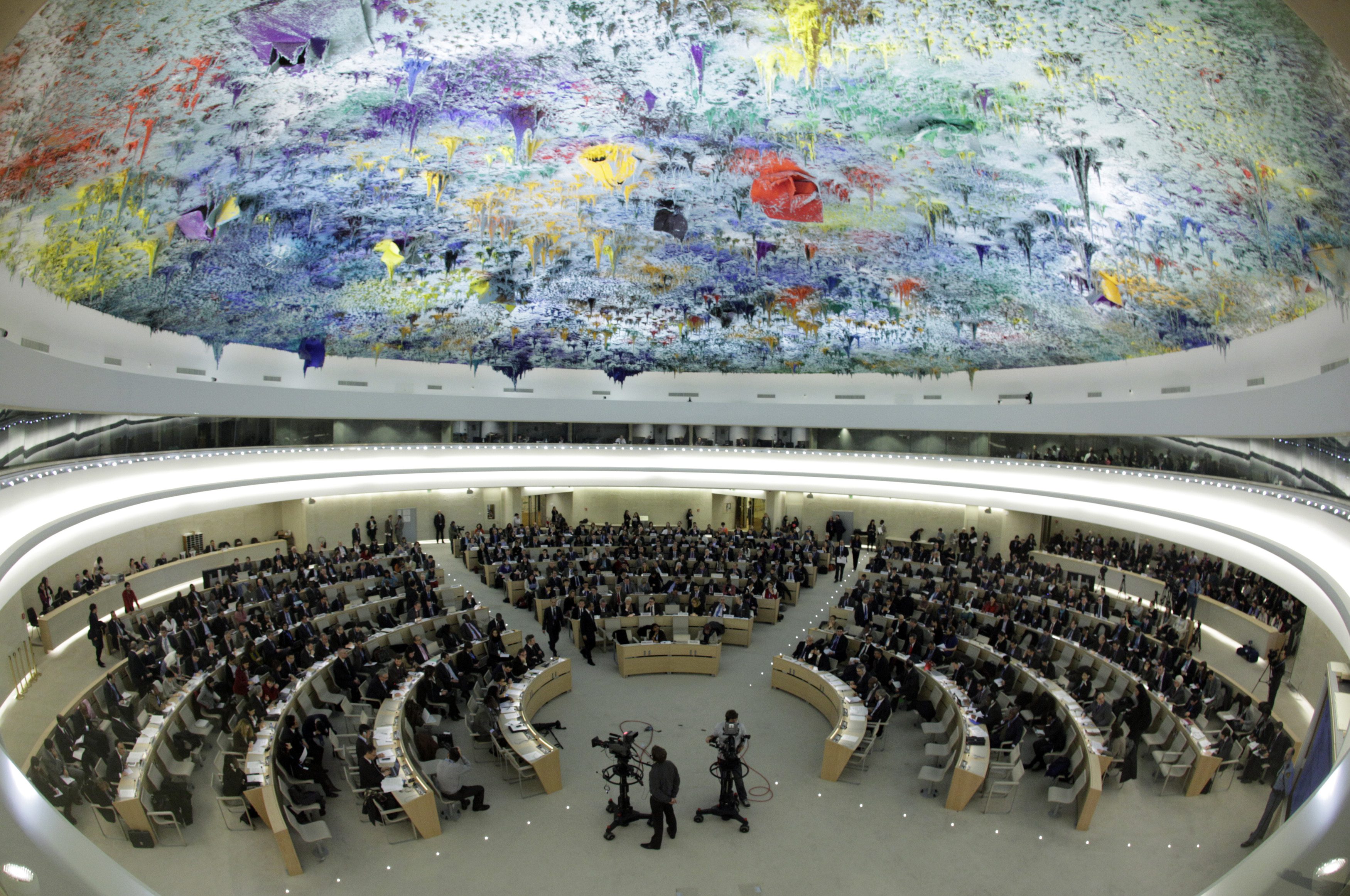

Statement delivered on behalf of the Group of Friends of R2P in Geneva at the 41st Session of the Human Rights Council
The following statement was delivered by Rwanda on behalf of the Group of Friends of R2P in Geneva during the Interactive Dialogue with the Special Rapporteur on violence against women at the 41st Session of the Human Rights Council
Mr. President,
I have the honour to deliver this statement on behalf of members of the Group of Friends of the Responsibility to Protect.
We would like to thank the Special Rapporteur on violence against women, its causes and consequences for her tireless efforts to recommend measures, ways and means at the local, national, regional and international levels to eliminate all forms of violence against women, as this constitutes a violation of their human rights and fundamental freedoms.
We note with appreciation the Special Rapporteur’s focus on the challenges of her mandate since its inception, and in particular the link between her mandate and other mechanisms. We concur with the Special Rapporteur that concerted efforts are needed to bridge the gap between mechanisms with specific focus on violence against women to avoid fragmentation that is demonstrated in her report.
To concur with the Special Rapporteur’s recommendation on establishing a system-wide approach to address violence against women, the Group of Friends of R2P has continuously emphasized the link between the Responsibility to Protect and Geneva-based human rights mechanisms and institutions to address atrocities, including sexual violence. As the primary international human rights body, the Human Rights Council, through its procedures and mechanisms, is particularly well suited to apply preventive measures in situations where early warning signs of possible atrocities arise.
In this context, we believe that extreme structural and institutionalized forms of gender inequality and targeted violence against women may constitute potential risk factors for mass atrocities or even constitute these crimes in itself. To follow the Special Rapporteur’s important initiative to cooperate with the Committee on CEDAW to ensure better coherence on shared issues between the mechanisms., we are of the view that the same intrinsic link between the mandate and the Committee applies to the Women, Peace and Security agenda and the Responsibility to Protect as well.
Geneva-based human rights mechanisms, in this respect, can play a vital role in strengthening gender-specific assessment of human rights violations. In addition, through applying a gender lens to technical assistance and capacity-building measures, the Human Rights Council can play a key role in supporting governments to uphold R2P and overcome the lack of gender- sensitivity in atrocity prevention, thereby furthering the broader sexual violence prevention agenda.
Other human rights mechanisms, including HRC-mandated Fact-Finding Missions and Commissions of Inquiry, provide further opportunities for a systematic integration of gender-sensitive protection measures and to strengthen the role of women. Women need to be included in these mechanisms and to lead them. Utilizing the knowledge of female experts and conducting gender-sensitive investigations can ensure that women’s perspectives and needs are discussed. Enhancing the focus on the transformation of women’s role in society can positively contribute to the efficiency of post-conflict and accountability strategies. This will in turn help preventing the commission of atrocity crimes.
Lastly, it is crucial to recognize that women around the world have always played an essential role in developing mitigation strategies on an individual, family and community level. In today’s atrocity situations, women are oftentimes key actors in initiatives and efforts to prevent or respond to atrocities and violence, leading to a tremendous impact on human rights protection within their communities. It is therefore important that they have our support and protection.
Security Council resolution 2467 on Women, Peace and Security recognizes that sexual violence in conflict occurs on a continuum of interrelated and recurring forms of violence against women and girls. We would like to ask the Special Rapporteur; in your view, what opportunities do you see in aligning the WPS and R2P agendas to prevent and respond to sexual violence in conflict? Are we adequately exploring the benefits of gender-responsive engagement in atrocity prevention and/or accountability processes? And if not, how can we encourage and develop it?
Thank you.
Related Content


